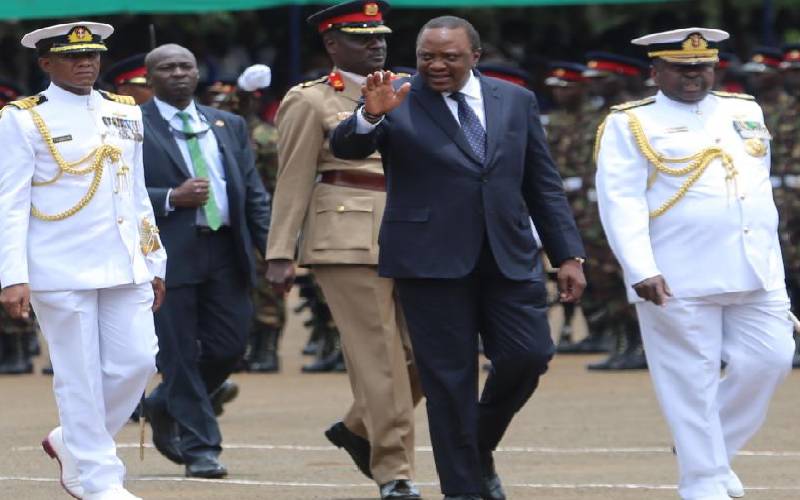×
The Standard e-Paper
Home To Bold Columnists

On August 1, 2016 Alexander Nix, the CEO of the SCL group sent out a letter to his 70 members of staff. The year had so far brought some tremendous growth to its subsidiary, Cambridge Analytica.
The tone of the communication from the CEO’s office on the top floor of the building at New Oxford Street, an upmarket address in London, was triumphant. And it promised more victories in coming months, not just for those who worked under him, but for another team thousands of kilometres away in Nairobi.